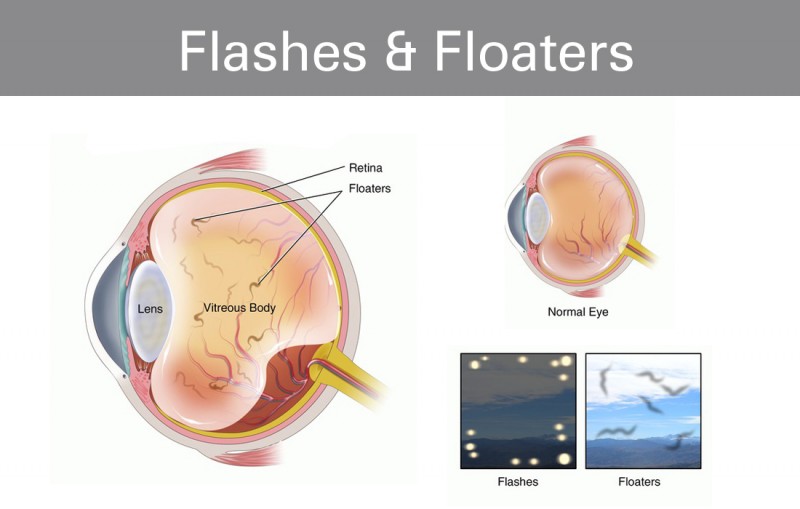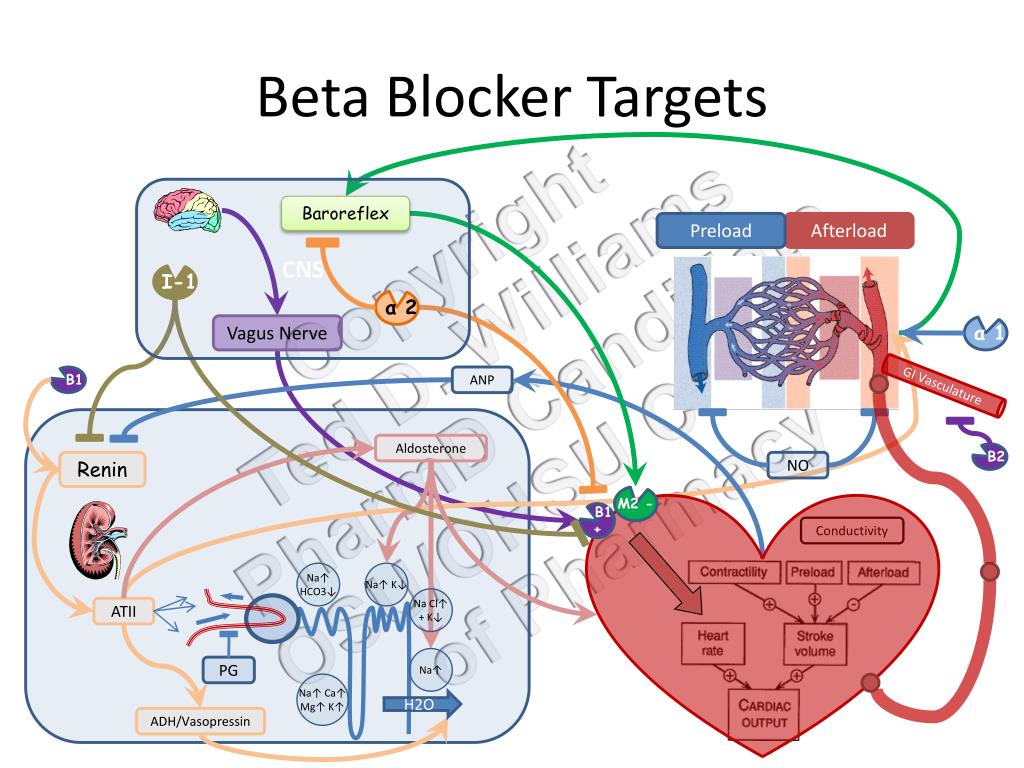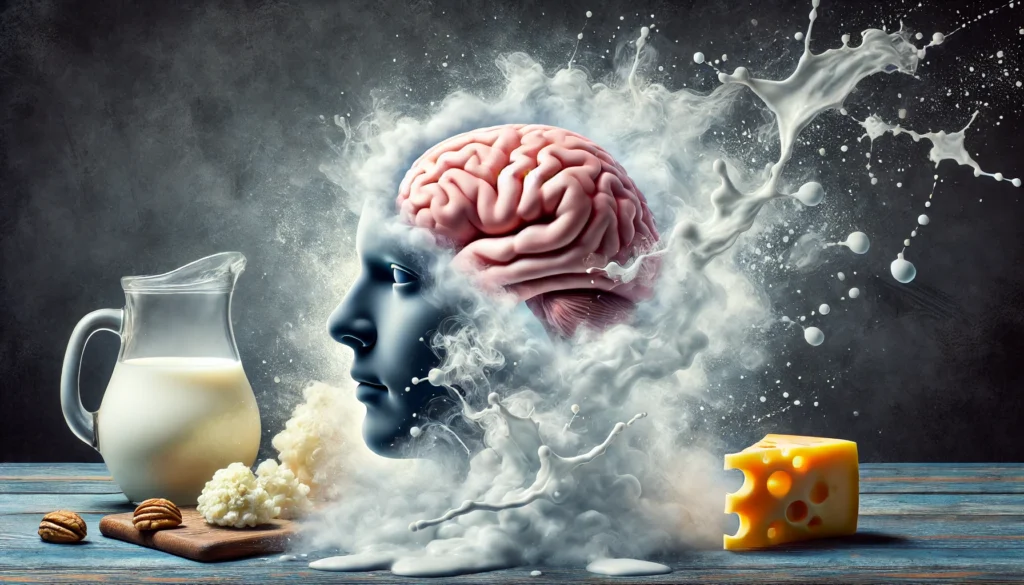Fizzy Trap - How Soda Consumption Threatens Your Health

The Dark Side of Fizzy Drinks
Fizzy drinks, such as soda, have become a ubiquitous part of modern life. However, beneath their fizzy and flavorful surface lies a dark reality that threatens our health.
Health Risks Associated with Soda Consumption
Regular soda consumption has been linked to various health issues, including:
- Obesity: The high calorie and sugar content in soda contributes to weight gain and obesity.
- Type 2 Diabetes: Drinking soda regularly increases the risk of developing type 2 diabetes.
- Tooth Decay: The acidity and sugar in soda erode tooth enamel, leading to tooth decay and cavities.
The High Sugar Content in Soda: A Recipe for Disaster
The high sugar content in soda is a major contributor to weight gain and increased risk of chronic diseases. Consuming high amounts of sugar:
- Leads to insulin resistance, increasing the risk of type 2 diabetes.
- Contributes to weight gain and obesity, increasing the risk of heart disease and stroke.
- Increases the risk of tooth decay and other oral health issues.
It's time to rethink our love affair with fizzy drinks and consider the darker side of soda consumption.
Toxic Ingredients in Soda
Soda consumption has become a ubiquitous part of modern life, but beneath its sweet and fizzy surface lies a cocktail of toxic ingredients that can have devastating effects on our health.
Artificial Sweeteners, Flavor Enhancers, and Preservatives
Soda contains a plethora of artificial additives, including sweeteners, flavor enhancers, and preservatives. These synthetic substances can cause a range of health problems, from digestive issues to neurological damage. Consuming these toxins regularly can lead to a decline in overall health and wellbeing.
Caramel Coloring: A Potential Carcinogen
Some sodas contain caramel coloring, a substance that has been linked to cancer in animal studies. This ingredient is created through a process involving ammonia and sulfites, which can produce carcinogenic compounds. The potential health risks associated with caramel coloring make it a concerning ingredient in many popular soda brands.
Impact on Digestive Health
Soda consumption has a profound impact on our digestive system, leading to various issues that can cause discomfort and disrupt our daily lives.
Bloating, Gas, and IBS
The artificial sweeteners and carbonation in soda can lead to bloating, gas, and irritable bowel syndrome (IBS). These symptoms can cause abdominal pain, discomfort, and changes in bowel movements.
Acidity and Digestive Discomfort
The acidity in soda can erode tooth enamel and cause digestive discomfort. This acidity can also lead to heartburn, acid reflux, and other digestive issues.
The Hidden Dangers of Soda Addiction
Soda consumption has become a ubiquitous part of modern life, with many people relying on it as a quick pick-me-up or a refreshing drink. However, beneath its fizzy surface, soda addiction hides several dangers that can have serious consequences for our health.
Caffeine Dependence and Withdrawal
Regular soda consumption can lead to caffeine dependence, causing our bodies to crave more and more to feel alert and focused. When we try to quit or reduce our soda intake, we may experience withdrawal symptoms like headaches, fatigue, and irritability. This can make it challenging to break the soda habit, perpetuating a vicious cycle of addiction.
Poor Food Choices and Nutrient Deficiencies
Soda addiction can also lead to poor food choices, as the high sugar and calorie content in soda can suppress our appetite for nutrient-rich foods. This can result in a lack of essential vitamins, minerals, and fiber, leading to a range of health problems, from digestive issues to increased risk of chronic diseases like diabetes and heart disease.
Breaking Free from the Fizzy Trap
Are you trapped in a cycle of soda consumption, unaware of the devastating impact it has on your health? Breaking free from this trap requires a combination of gradual changes and informed choices. In this section, we'll explore the steps you can take to minimize health risks associated with soda consumption.
Gradual Reduction and Replacement
Quitting soda cold turkey can be challenging, but gradually reducing your consumption can lead to long-term success. Start by replacing one soda per day with water or a healthier alternative like seltzer water or infused tea. As you progress, increase the number of sodas you replace until you've eliminated them from your diet entirely.
Mindful Food Label Reading
Being mindful of food labels and ingredients is crucial in making informed choices. When shopping for beverages, read the labels carefully, and opt for products with fewer ingredients and less added sugar. Be aware of hidden sources of sugar and artificial sweeteners, which can be just as detrimental to your health as soda.
By implementing these strategies, you'll be well on your way to breaking free from the fizzy trap and developing healthier habits that will benefit your overall well-being.















Comments ()